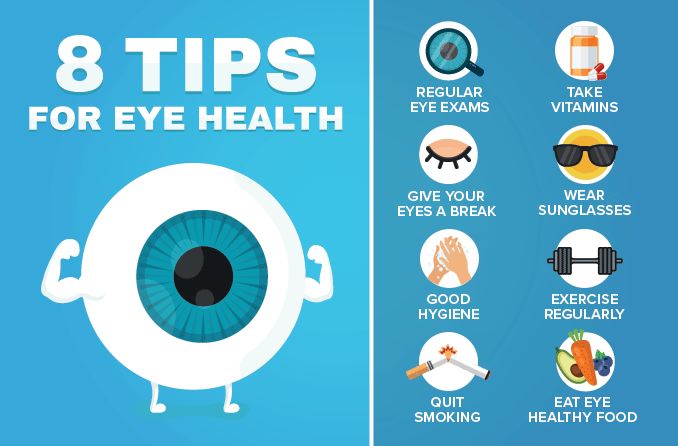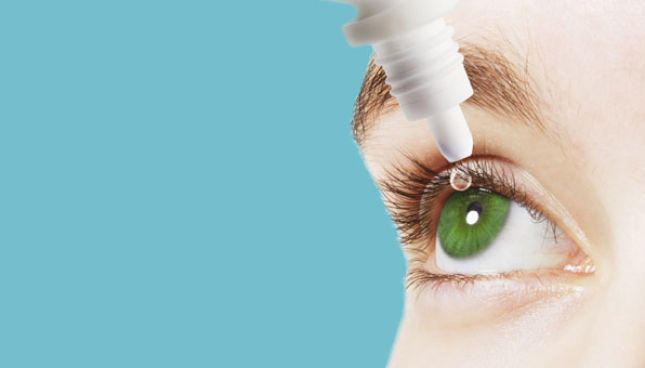Eye Center in Andalusia: Premier Services for Vision Treatment
Is Refractive Surgery Right for You? Aspects to Think About for Better Eyecare
In the realm of eye treatment, the choice to undergo refractive surgical treatment is a crucial one that demands thoughtful factor to consider. From the complexities of one's ocular health to the complexities of daily practices and individual assumptions, each element holds value in the broader landscape of refractive surgical treatment candidateship.
Eye Health Analysis
When considering refractive surgical procedure, an extensive eye health and wellness examination is vital to analyze the suitability of the procedure for every person. eye center andalusia. This examination entails a collection of examinations and assessments carried out by an eye care specialist to identify the overall health and wellness of the eyes, the presence of any kind of hidden conditions, and the security of the refractive mistake
Throughout the examination, different elements are thought about, such as the person's medical background, existing eye prescription, corneal density, pupil dimension, and tear film high quality. These evaluations help to identify any contraindications to refractive surgical treatment, such as corneal irregularities, cataracts, or unattended eye infections. In addition, the analysis assists to take care of client expectations regarding the potential results of the surgery based on their special eye characteristics.
Eventually, the eye wellness analysis is important in guaranteeing the safety and efficiency of refractive surgical treatment, as it gives beneficial understandings into the individual's eye wellness standing and assists determine one of the most suitable treatment options for achieving optimum aesthetic results. (cardiologist andalusia)
Way Of Life Assessment
A complete way of living evaluation is indispensable in establishing the suitability of refractive surgery for a person's visual improvement requirements. Way of living aspects such as profession, pastimes, and day-to-day activities play a vital role in the decision-making process relating to refractive surgical treatment.
Moreover, way of life routines such as sporting activities engagement, exterior tasks, or even skin care regimens can influence the recovery process and general success of refractive surgical treatment. By carrying out a comprehensive way of life assessment, eye care specialists can tailor their referrals and treatment strategies to fulfill the unique needs of each patient, ultimately leading to enhanced aesthetic outcomes and satisfaction.
Expectation Alignment

Individuals require to understand that while several people attain 20/20 vision or far better complying with refractive surgical procedure, some may still require glasses for particular tasks like reading or driving at evening. Taking care of these assumptions aids prevent dissatisfaction and dissatisfaction post-surgery, leading to an extra positive total experience for the client.
Risk Evaluation

Factors that might increase the risk of issues andalusia pediatrics consist of age, particular clinical problems like autoimmune conditions, unsteady vision prescription, thin corneas, and unrealistic person assumptions. Furthermore, picking a proficient and knowledgeable specialist, adhering to pre and post-operative care instructions faithfully, and disclosing any type of appropriate clinical background can aid alleviate risks.
To lessen the likelihood of problems, ophthalmologists carry out complete pre-operative assessments to determine any kind of contraindications to surgery. They likewise talk about the prospective dangers and advantages with individuals during the consultation process. By involving in open interaction and shared decision-making, both the patient and the eye doctor can collaborate to identify if refractive surgery is the ideal choice based upon specific danger accounts and preferred end results.
Examination Value
Considering the essential function of informed decision-making in analyzing dangers and possible problems in refractive surgery, the appointment process holds significant value in assisting patients towards ideal end results. During the examination, the eye doctor evaluates the patient's eye health and wellness, refractive errors, and general viability for surgery. This first analysis is essential in determining the most appropriate treatment for each and every individual, thinking about variables such as corneal thickness, pupil dimension, and existing eye problems.
Furthermore, the consultation works as a possibility for individuals to discuss their assumptions, problems, and any kind of questions they might have regarding the surgical treatment. Clear interaction in between the specialist and the patient is vital to make sure practical expectations and a thorough understanding of the prospective dangers and benefits included.
Furthermore, the examination enables the doctor to clarify the various surgical options readily available, their particular results, and the post-operative care called for. This extensive discussion empowers clients to make educated choices concerning their eye treatment, resulting in far better fulfillment and end results post-surgery.
Final Thought
Finally, people thinking about refractive surgical treatment must undertake a thorough eye health evaluation, examine their lifestyle routines, straighten their assumptions with prospective results, assess the involved threats, and prioritize consultations with eye care specialists. These elements play a critical duty in figuring out the suitability of refractive surgical treatment for each and every individual, ensuring optimum end results and satisfaction with the treatment.
Individuals thinking about refractive surgical procedure typically have high assumptions relating to the outcomes, anticipating ideal vision without the demand for glasses or get in touch with lenses. While refractive surgery can greatly enhance vision and lower dependence on visual help, it is important for patients to understand that outcomes may vary based on individual aspects such as the degree of refractive mistake, corneal thickness, and general eye wellness.
By engaging in open interaction and shared decision-making, both the ophthalmologist and the individual can work with each other to identify if refractive surgery is the ideal selection based on individual threat profiles and desired end results.
Taking into consideration the crucial role of informed decision-making in evaluating dangers and possible problems in refractive surgery, the appointment procedure holds substantial significance in assisting individuals in the direction of ideal outcomes. Throughout the assessment, the eye doctor reviews the individual's eye wellness, refractive mistakes, and general viability for surgical procedure.